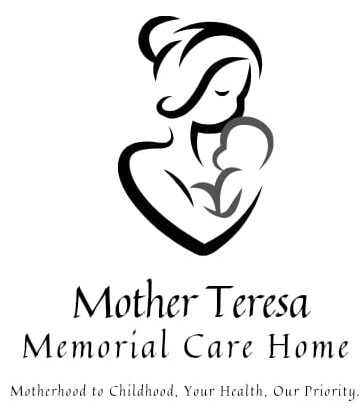Obstetrics Care

Obstetric care refers to the specialized medical care provided to women during pregnancy, childbirth, and the postpartum period. This comprehensive care ensures the health and well-being of both the mother and the baby, focusing on preventing complications, managing any health conditions, and supporting the physical and emotional needs of the woman throughout the stages of reproduction. Key components of obstetric care include:
1. Prenatal Care (Pregnancy Care)
- Initial Assessment: The first prenatal visit involves a thorough assessment of the woman’s medical history, physical examination, blood tests, and ultrasound to confirm pregnancy, estimate gestational age, and identify any pre-existing conditions that may affect the pregnancy.
- Routine Check-ups: Regular visits are scheduled throughout the pregnancy to monitor the growth and development of the baby, check maternal health, perform screenings (such as for gestational diabetes, anemia, and infections), and provide guidance on diet, exercise, and lifestyle.
Nutrition and Lifestyle Guidance
- Healthy Diet: Nutritional counseling focuses on the importance of a balanced diet rich in vitamins, minerals, and essential nutrients like folic acid, calcium, and iron, which support fetal development and the mother’s health.
- Exercise and Activity: Advising on safe physical activities that promote circulation, reduce stress, and prepare the body for labor, such as walking, prenatal yoga, and pelvic floor exercises.
- Weight Management: Monitoring weight gain during pregnancy to ensure it stays within healthy limits, as excessive weight gain can lead to complications like gestational diabetes and hypertension.
3. Screenings and Tests
- Blood Tests: Tests for blood type, hemoglobin levels, infections (such as HIV, syphilis, and Hepatitis B), and screening for genetic conditions (e.g., Down syndrome).
- Glucose Screening: A test for gestational diabetes, usually conducted between 24-28 weeks of pregnancy.
- Genetic Testing: For women at higher risk, tests like amniocentesis or chorionic villus sampling (CVS) may be offered to check for chromosomal abnormalities.
- Fetal Monitoring: Non-stress tests and biophysical profiles may be used to monitor the baby’s health, especially in high-risk pregnancies.
4. Labor and Delivery Care
- Labor Preparation: Education on the stages of labor, pain management options (such as epidurals or natural methods), and delivery plans.
- Monitoring During Labor: Continuous monitoring of the baby’s heart rate, the mother’s contractions, and overall health. Immediate interventions may be needed if complications arise, such as fetal distress or abnormal labor progression.
- Assistance with Delivery: Assistance with vaginal delivery, including guidance and support during the pushing phase, or performing interventions like forceps or vacuum-assisted delivery if necessary. Cesarean sections (C-sections) may be recommended if vaginal delivery poses a risk to the mother or baby.
- Supportive Care: Emotional support, pain relief, and ensuring the mother’s comfort during the delivery process.
5. Postpartum Care
- Physical Recovery: Monitoring the mother’s physical recovery, including checking for signs of excessive bleeding, infection, or blood pressure abnormalities. Care for stitches or incisions (from episiotomy or C-section) is provided.
- Breastfeeding Support: Guidance on initiating breastfeeding, addressing common issues like latch problems or sore nipples, and offering advice on maintaining milk supply.
- Emotional Support: Assessing mental health, as postpartum depression can affect some women. Counseling and support services may be provided to help the mother cope with the emotional challenges of new motherhood.
- Contraception Counseling: Discussing birth control options and helping the woman choose the right method based on her preferences and health.
6. High-Risk Obstetrics
- Managing Complications: Obstetric care includes managing high-risk pregnancies due to factors like pre-existing medical conditions (e.g., hypertension, diabetes), advanced maternal age, multiple pregnancies (twins, triplets), or complications during pregnancy such as preeclampsia or placental abruption.
- Specialist Consultations: Referral to specialists, such as perinatologists or maternal-fetal medicine experts, for high-risk cases that require additional monitoring or interventions.
7. Education and Counseling
- Childbirth Education: Educating women and their families about childbirth options, pain management, infant care, and postpartum expectations. This includes birthing classes, parenting workshops, and support groups.
- Emotional Well-being: Addressing concerns about childbirth, the baby’s health, and adjusting to motherhood, offering resources for mental health support if needed.
8. Emergency Obstetric Care
- Complications Management: Managing complications such as postpartum hemorrhage, preeclampsia, eclampsia, or emergency C-sections in cases where immediate intervention is necessary to save the life of the mother or baby.
